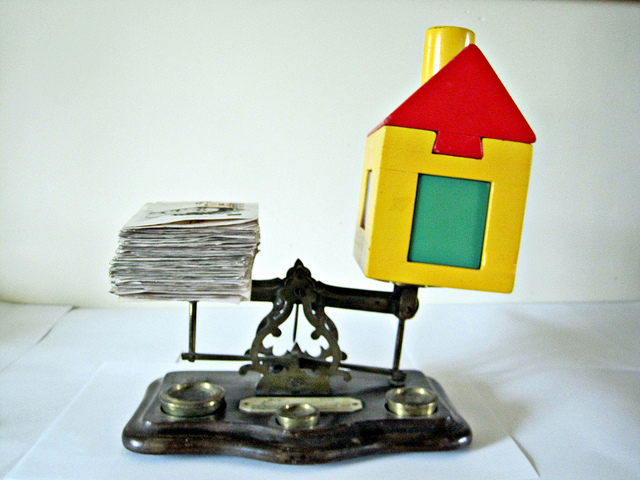 2014 was a turbulent year for anyone whose business relied upon the property markets regardless of whether you were letting houses, mansions, flats or houseboats as you would likely have been affected by the boom in property prices across the country. Midway through the year we saw numerous experts stating that they were concerned inflating property prices could eventually lead to another market crash, however by the end of the year the market finally began to cool.
2014 was a turbulent year for anyone whose business relied upon the property markets regardless of whether you were letting houses, mansions, flats or houseboats as you would likely have been affected by the boom in property prices across the country. Midway through the year we saw numerous experts stating that they were concerned inflating property prices could eventually lead to another market crash, however by the end of the year the market finally began to cool.
With last year’s property market being so unpredictable it is not easy to predict what will happen in 2015, however there are some that claim that certain trends are already appearing. One of the most popular opinions is that even though house prices will continue to rise this year it won’t be as much as previously forecasted, meaning that the market is beginning to stabilise. The Centre for Economics and Business Research (CEBR) has even gone so far as to claim that in 2015 house prices will actually fall by around 0.6% nationally – however last year they rose by 8.8% making prices still much higher than in previous years.
In a statement the group said: “Leading indicators such as fewer new buyer inquiries and properties taking longer to sell already point to falling prices. Even after May, when the elements of political and taxation uncertainty are less of a factor, the CEBR does not expect a strong post-election bounce back.” Most experts agree that the impending General Election in May will have a cooling effect on the property markets as buyers will want to wait until a new party is in place in order to determine what affect they will have on the property markets.
However, even after the General Election property prices could continue to fall due to increasingly strict lending restrictions being put in place by the Financial Conduct Authority (FCA) and the fact that stamp duty is now much cheaper for a large percentage of properties across the UK. In contrast, some industry leaders believe that these changes will actually lead to house prices increasing this year, such as Howard Archer, economist at IHS Global Insight, who said: “The weakening of buyer interest in houses may well be close to bottoming out and we do see it picking up to a limited extent in 2015 from current levels.
“In addition to the stamp duty reform, some support for housing market activity should come from a number of factors: elevated consumer confidence, high and rising employment, and still low mortgage interest rates, especially as the Bank of England looks unlikely to raise interest rates before late 2015. In addition, earnings growth finally appears to be firming and we expect it to gradually improve over the coming months. Given this backdrop, we expect house prices to rise by around 5% in 2015.”
Many believe that in 2015 there will be a large amount of first time buyers entering the market, with Craig McKinlay, mortgages director at Halifax, saying: “Improving economic conditions and rising employment levels have boosted confidence among those thinking about getting on to the housing ladder for the first time, contributing to the significant increase in the number of first-time buyers in the past two years.”
As Howard Archer previously mentioned, one thing that will have a considerable effect on the property market in 2015 is the Bank of England’s interest rate, and yesterday it was announced that it was staying at the all-time low of 0.5% for the foreseeable future. Discussing the Bank’s decision, Mr Archer said: “There is clearly a very real possibility that the Bank of England will delay acting until early 2016.”
However, in a research note, economists at Capital Economics said: “With the recovery showing signs of frailty and the chances of deflation growing, the MPC is under little immediate pressure to raise interest rates. But since lower oil prices should put the spring back into the recovery’s step and underlying price pressures are stronger than the headline inflation rate suggests, we doubt that the MPC will wait until 2016, as markets now expect, to raise interest rates.”
With so many crucial events happening in 2015 it is extremely difficult to predict what will happen to the property markets as it will depend on the actions of the Bank of England, Financial Conduct Authority and the main political parties to name a few. This is why landlords should ensure that their businesses are as financially secure as possible so that if there are any issues ahead they can be dealt with effectively.
Photo by taxrebate.org.uk / CC BY 2.0


